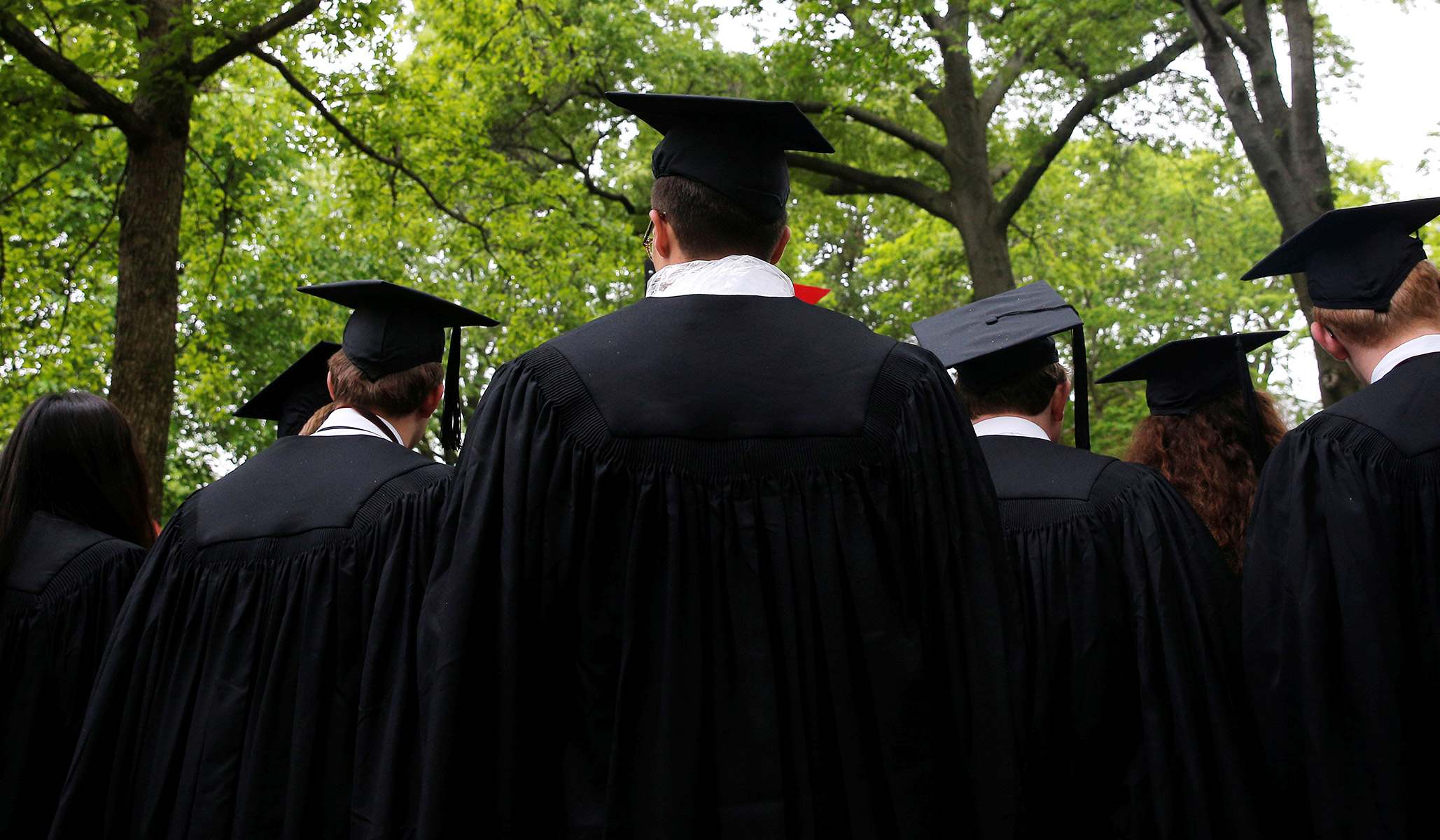


Economists point out that human activities are subject to the law of diminishing returns — as we do more and more of something, eventually, the benefits of another unit of the activity begin to decline. Unfortunately, politicians often talk as if that was not true with regard to education. They’d have us believe that the more educational “attainment” someone has, the more productive he’ll be and the more money he’ll earn.
In today’s Martin Center article, economics professor Richard Vedder explains that higher education is very much subject to this law. He writes, “Like most things in life, higher education is subject to the Law of Diminishing Returns. Unfortunately, academics often ignore it, which leads to a massive misallocation of resources as government policy pushes us past the point of diminishing returns with college attendance.”
One point of comparison Vedder makes is the time it takes to earn a degree in the U.S. versus elsewhere. American universities demand more time than do European ones, but that doesn’t make the students any better prepared; it just means that people here have to spend more time and money before they can start working.
Vedder also sees diminishing returns in his own field: “On the basis of six decades of teaching, I would say that probably 60 percent of the important economic insights for the average student are learned in the first Principles of Economics survey course. The next 10 courses provide the other 40 percent. The Law of Diminishing Returns is at work here, and I think the same applies to most other academic disciplines.”
He argues that, across the board, Americans devote substantially more time to college study than is optimal. I agree, and would add that the reason for this is the way the government subsidizes higher education. We would come much closer to finding optimal education programs if the government weren’t involved.
